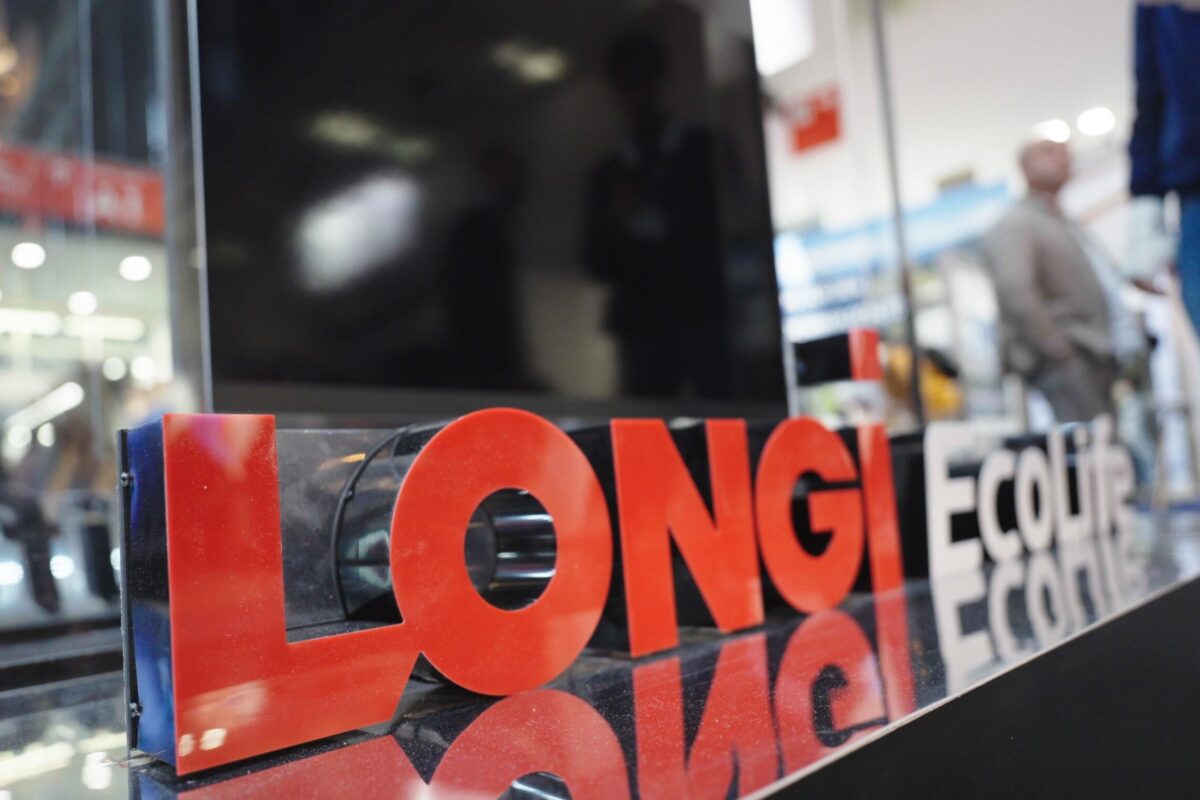
Tenders for agrivoltaics and the commercial and industrial (C&I) market, simplified permitting procedures, and financial aid for solar installations are among a series of proposals the government of Luxembourg has adopted to accelerate the rollout of renewable energy technologies.
Luxembourg’s Ministry of the Economy and Ministry of the Environment, Climate and Biodiversity has committed to 51 measures aimed at supporting the deployment of renewable energy across the country.
The measures, which followed a national consultation on energy, include a commitment to continue issuing tenders for agrivoltaic installations.
Luxembourg’s second agri-PV tender launched in February. The call for tender, open until Sept. 1, is divided into three lots.
The first, covering vertical bifacial panels or trackers, is split into three categories of grassland used for fodder or grass production, grassland used for livestock, and arable land used for crops. A second lot is aimed at photovoltaic canopies on special crops and a third lot covers ground-mounted solar panels on either grassland or arable land.
Installations between 100 kW and 5 MW in size are eligible in each lot, with chosen projects set to benefit from a 15-year market premium contract. Luxembourg’s first agrivoltaics tender, which ran in 2023, allocated 52.7 MW of solar across 14 projects.
A separate measure proposes work on guidance documents for solar and wind projects in relation to bats and birds, including a specific guide that will be created for solar and agrivoltaic installations in green zones.
The series of measures also includes plans to arrange an annual call for tenders aimed at small- to medium-sized enterprises for solar installations between 30 kW and 200 kW in size.
The tender will come alongside administrative support from the Chamber of Trades and the Chamber of Commerce and technical support from Klima-Agence, the government has said. Luxembourg has previously held tenders aimed at the C&I market, the first of which allocated 43.3 MW across 85 projects in 2023.
Future tenders for solar in parking lots are also planned, as well as compensation for the electricity generated.
Other measures committed to include streamlined permitting procedures through digitalization. The government plans to repeal building permit requirements for solar installations under 30 kW and to develop a legal framework for those over 30 kW on classified establishments.
The package also includes new financial tools, such as a pre-financing option for PV systems and a revision of the Climate and Energy Fund Guide. The update will raise the subsidy-eligible solar capacity limit from 30 kW to 5 MW to help municipalities install larger systems on public buildings and parking areas.
The two ministries plan to revise feed-in tariffs, introduce battery subsidies for existing solar systems, and expand support for solar on affordable housing.
The government will also commission a study on roadside solar potential, which will include a list of priority projects and timelines. The final measure targets end-of-life solar modules, with authorities set to define technical rules and conditions for reuse or recycling.
Luxembourg’s cumulative solar capacity reached 523 MW at the end of 2024, up from 394 MW a year earlier, according to the International Renewable Energy Agency (IRENA).
This content is protected by copyright and may not be reused. If you want to cooperate with us and would like to reuse some of our content, please contact: editors@pv-magazine.com.
Source link


